Matt Hanlon: I love the idea that years later code that I've written, people are out there still using
"I am a longtime software developer who's worked in big companies and startups, across a broad range of software development methodologies. I appreciate shipping products I can be proud of and strive to make sure engineers (and myself) feel excited about the work they do." — says Matt about himself on his 6nomads profile.
But we must immediately clarify this modest summary. By "longtime software developer", Matt means his 23-years-experience, and under "big companies" there is nothing less than Apple. Matthew is a СТО at healthcare-startup, Founder of The Code Hub, dad, coach, teacher, Apple certified trainer.
We talked to Matt, a native of Massachusetts, happily living in Dublin, about whether you still need to be in the Valley to work with the best people, what he is looking for in new projects, and how he used the quarantine time to give children one more tool to express themselves (spoiler: the programming skill).
But we must immediately clarify this modest summary. By "longtime software developer", Matt means his 23-years-experience, and under "big companies" there is nothing less than Apple. Matthew is a СТО at healthcare-startup, Founder of The Code Hub, dad, coach, teacher, Apple certified trainer.
We talked to Matt, a native of Massachusetts, happily living in Dublin, about whether you still need to be in the Valley to work with the best people, what he is looking for in new projects, and how he used the quarantine time to give children one more tool to express themselves (spoiler: the programming skill).
"When I left school, I was like, "Oh, man, what am I going to do? I don't have any skills." And then I realized I have this programming stuff."
— I've got a little research, and I know that you are a native of Massachusetts. And the first question is, how you turn out to live in Ireland? Why did you choose it?
— I ended up here, like a lot of people end up here — I married an Irish girl.
I met my wife in London when I was working for Apple. We moved over to Cupertino shortly after and had kids there. We lived in Massachusetts for a little while and the moved back to Cupertino. And we moved over to Ireland mostly for the schools and because the general area allowed a bit more freedom for the kids.
We liked the pace of life here, it's a bit slower, and it's great. I've gotten to spend a ton of time with the kids that I didn't have when I was working in Silicon Valley. It was 24/7 around the clock there, which is fun when you're young. But when you have kids and a wife, you want to spend time with them, too. So that's how we wound up here, and we've landed in a beautiful spot.
— You worked at Apple for a while, and right now, you've been developing your programming school for children. So how's it been going? And why did you decide to do that?
— I've always liked teaching kids, and it started with me teaching my own kids when they were younger, how to program in Logo, Basic and the stuff that I started with. And they liked it.
I did some training for Apple in Swift, and I like Swift playgrounds, especially for kids. I think it's amazing. So when we all had to stay home from school and work, I said, well, I'm going to take my lunch hour and focus on training the kids online and go through some of the playgrounds that teach you how to code and then see how far we get, see if we can build apps.
And it's been unreal, it's been so much fun. I come downstairs after doing the session, and they're like, "Oh, look, we're building this game!", "This is what I've done with the code that you've taught today!", "We're building a game / an aquarium app!". And it's awesome. I love it.
— I know you did some kind of daily activities like Twitch streams for kids learning to program, writing books. Do you yourself come up with all these ideas?
— Yeah, because I've done training in the classroom with the kids, especially during EU Code Week. I go into the classrooms, hand out iPads or other devices, and we work with the kids on coding in the classroom.
I wanted to do the same thing, but online. After talking with my wife and the kids, they were like, "Oh, we'd love to try that out. Let's do it on Twitch!" And that's been fun going through that process with them. I love using coding as a creative tool -- most of what I do, whether it's writing books, apps, or material for classes, is all about the creative process.
— I ended up here, like a lot of people end up here — I married an Irish girl.
I met my wife in London when I was working for Apple. We moved over to Cupertino shortly after and had kids there. We lived in Massachusetts for a little while and the moved back to Cupertino. And we moved over to Ireland mostly for the schools and because the general area allowed a bit more freedom for the kids.
We liked the pace of life here, it's a bit slower, and it's great. I've gotten to spend a ton of time with the kids that I didn't have when I was working in Silicon Valley. It was 24/7 around the clock there, which is fun when you're young. But when you have kids and a wife, you want to spend time with them, too. So that's how we wound up here, and we've landed in a beautiful spot.
— You worked at Apple for a while, and right now, you've been developing your programming school for children. So how's it been going? And why did you decide to do that?
— I've always liked teaching kids, and it started with me teaching my own kids when they were younger, how to program in Logo, Basic and the stuff that I started with. And they liked it.
I did some training for Apple in Swift, and I like Swift playgrounds, especially for kids. I think it's amazing. So when we all had to stay home from school and work, I said, well, I'm going to take my lunch hour and focus on training the kids online and go through some of the playgrounds that teach you how to code and then see how far we get, see if we can build apps.
And it's been unreal, it's been so much fun. I come downstairs after doing the session, and they're like, "Oh, look, we're building this game!", "This is what I've done with the code that you've taught today!", "We're building a game / an aquarium app!". And it's awesome. I love it.
— I know you did some kind of daily activities like Twitch streams for kids learning to program, writing books. Do you yourself come up with all these ideas?
— Yeah, because I've done training in the classroom with the kids, especially during EU Code Week. I go into the classrooms, hand out iPads or other devices, and we work with the kids on coding in the classroom.
I wanted to do the same thing, but online. After talking with my wife and the kids, they were like, "Oh, we'd love to try that out. Let's do it on Twitch!" And that's been fun going through that process with them. I love using coding as a creative tool -- most of what I do, whether it's writing books, apps, or material for classes, is all about the creative process.
— Usually, people like you, skilled programmers tend to do this, to program all the time. I think that teaching is a primary thing for you to do now. What's the motivation behind it?
— Well, I was very lucky because, in the 80s, I got introduced to Logo and Basic. I never thought when I started playing with those that I would become a programmer. It was only later when I left school, I was like, "Oh, man, what am I going to do? I don't have any skills." And then I realized I have this programming stuff.
Code wasn't some great mystery, not a giant black box. We can write code, run these machines or apps the way we want them to behave. That's how I started. By teaching I want to give back a little bit to the students.
Maybe: I don't necessarily want them to become programmers. I don't want to create like a little sweatshop of kids coding apps. I want them to have fun. Maybe they won't be coders, but they'll have this extra skill for expressing themselves in their back pocket.
— Do you think programming to be a main skill for the kids, for the next generation?
— I think having this skill will be a huge advantage.
I went to school in upstate New York school called Vassar, and there was a guy there, a professor called Michael Joyce, and he wrote some of the first hyperfiction. And it was a whole new way, for me, of telling a story. The Web hadn't really come along yet — this was the early 90s — and with StorySpace you could tell stories with links and different guards on the links that responded to certain conditions. So if you hadn't seen a certain part of the story you couldn't get to other parts of the story. And I thought it was fascinating that you could create art with programming.
So, I think it's a great skill for kids to have because it's just another tool for them to express themselves.
— Well, I was very lucky because, in the 80s, I got introduced to Logo and Basic. I never thought when I started playing with those that I would become a programmer. It was only later when I left school, I was like, "Oh, man, what am I going to do? I don't have any skills." And then I realized I have this programming stuff.
Code wasn't some great mystery, not a giant black box. We can write code, run these machines or apps the way we want them to behave. That's how I started. By teaching I want to give back a little bit to the students.
Maybe: I don't necessarily want them to become programmers. I don't want to create like a little sweatshop of kids coding apps. I want them to have fun. Maybe they won't be coders, but they'll have this extra skill for expressing themselves in their back pocket.
— Do you think programming to be a main skill for the kids, for the next generation?
— I think having this skill will be a huge advantage.
I went to school in upstate New York school called Vassar, and there was a guy there, a professor called Michael Joyce, and he wrote some of the first hyperfiction. And it was a whole new way, for me, of telling a story. The Web hadn't really come along yet — this was the early 90s — and with StorySpace you could tell stories with links and different guards on the links that responded to certain conditions. So if you hadn't seen a certain part of the story you couldn't get to other parts of the story. And I thought it was fascinating that you could create art with programming.
So, I think it's a great skill for kids to have because it's just another tool for them to express themselves.

"If Facebook and Twitter are allowing more people to work remote, then they know they've hired really good talent."
— So the topic of our blog is remote work. Can you tell me a little bit about your experience working remotely? Do you think that remote work saves your time for some external activities like doing sports or some hobbies?
— Without a doubt.
Before we all had to stay at home, I was commuting in about 20 minutes to the center of Dublin, and it was nice because I got to read a book. But now I use my commute time to go work out with a trainer who's doing Zoom sessions, take the kids down to the sea or take the dog for a walk up the hill. It's nice because we've been able to be flexible and use that commute time to do those extra things.
— So before the quarantine situation, you were working in the office in Dublin. Do you plan to come back after things get settled?
— It would be very hard. I've really enjoyed working from home, and it's been relatively easy to keep in touch with people and make sure things are on track. And GitHub is one of those great inventions where we've got this amazing source control platform that you can communicate with other developers well over. And if the text isn't enough, you jump on a video call and can have them walk you through what they built. It would be very hard to go back.
— Can you imagine a huge corporation as Apple working fully remotely?
— That's a great question. I worked remotely for Apple for a couple of years, and I was very fortunate to do it. They didn't let a lot of people work remotely, but I think they could do it.
One of the things you do miss is, especially with a company like Apple, they have such a beautiful campus. You usually ran into a lot of people, grab some lunch together, and some amazing conversations come out of those interactions. And we had some really interesting collaborations between different teams that happened as a result of those random connections. I know that's something they encourage by trying to keep you on campus. We had a volleyball court in the middle of Infinite Loop, and guys from all different groups would come and join and play. And it was a good way to connect with other teams.
I think with a lot of companies it's about trust. Silicon Valley companies are mostly built on engineering and engineers. And they have a lot of faith and trust. I don't think companies like Apple have an issue with that. Obviously, if Facebook and Twitter are allowing more people to work remote, then they know they've hired really good talent. I think remote work is really interesting because it shows that your leadership trusts your engineers. And it's always nice as an engineer to feel trusted.
— I've read on your LinkedIn profile that you like to work in small teams. What does it mean and why?
— I like the intimacy of small teams. You can be really agile and you can also get to know the other people and the teams well. I particularly like a great mix of senior engineers and junior engineers because it's nice to see them merge well. I think it creates really interesting discussions.
Especially when you work remote over Zoom and have a massive a 200 person chat, where a lot of people get lost in the noise... That's why I'd like to work in small teams now.
— What do you think might be better for junior engineers and their professional growth: to work in bigger companies or to try startup or small business?
— I can only speak from my own experience. I had a lot of luck working in startups and small teams because you're asked to do a lot of different things, and you stretch yourself.
On one of my first jobs out of university, I was doing front-end and back-end development, system administration, managing the infrastructure for this agency in New York. And especially when they hit rough times, and people left or got let go, you took on more and more responsibility. So it's a great way to stretch yourself when you're in a small team and try to step up and take that bigger feature.
I think big companies have their plus, too. Back at Apple, we had some amazing opportunities for interns, and some of them took advantage of it. That's a good way to get your foot in the door of a big company like Facebook, Apple or Google; be an intern there, learn a lot from some incredibly smart people, and then — you're in the door.
— Both ways are acceptable; it just depends on the personality, maybe.
— Yeah, definitely. Working in a small team and having a lot of responsibility on my shoulders — I love that, and I thrived on that.
— Without a doubt.
Before we all had to stay at home, I was commuting in about 20 minutes to the center of Dublin, and it was nice because I got to read a book. But now I use my commute time to go work out with a trainer who's doing Zoom sessions, take the kids down to the sea or take the dog for a walk up the hill. It's nice because we've been able to be flexible and use that commute time to do those extra things.
— So before the quarantine situation, you were working in the office in Dublin. Do you plan to come back after things get settled?
— It would be very hard. I've really enjoyed working from home, and it's been relatively easy to keep in touch with people and make sure things are on track. And GitHub is one of those great inventions where we've got this amazing source control platform that you can communicate with other developers well over. And if the text isn't enough, you jump on a video call and can have them walk you through what they built. It would be very hard to go back.
— Can you imagine a huge corporation as Apple working fully remotely?
— That's a great question. I worked remotely for Apple for a couple of years, and I was very fortunate to do it. They didn't let a lot of people work remotely, but I think they could do it.
One of the things you do miss is, especially with a company like Apple, they have such a beautiful campus. You usually ran into a lot of people, grab some lunch together, and some amazing conversations come out of those interactions. And we had some really interesting collaborations between different teams that happened as a result of those random connections. I know that's something they encourage by trying to keep you on campus. We had a volleyball court in the middle of Infinite Loop, and guys from all different groups would come and join and play. And it was a good way to connect with other teams.
I think with a lot of companies it's about trust. Silicon Valley companies are mostly built on engineering and engineers. And they have a lot of faith and trust. I don't think companies like Apple have an issue with that. Obviously, if Facebook and Twitter are allowing more people to work remote, then they know they've hired really good talent. I think remote work is really interesting because it shows that your leadership trusts your engineers. And it's always nice as an engineer to feel trusted.
— I've read on your LinkedIn profile that you like to work in small teams. What does it mean and why?
— I like the intimacy of small teams. You can be really agile and you can also get to know the other people and the teams well. I particularly like a great mix of senior engineers and junior engineers because it's nice to see them merge well. I think it creates really interesting discussions.
Especially when you work remote over Zoom and have a massive a 200 person chat, where a lot of people get lost in the noise... That's why I'd like to work in small teams now.
— What do you think might be better for junior engineers and their professional growth: to work in bigger companies or to try startup or small business?
— I can only speak from my own experience. I had a lot of luck working in startups and small teams because you're asked to do a lot of different things, and you stretch yourself.
On one of my first jobs out of university, I was doing front-end and back-end development, system administration, managing the infrastructure for this agency in New York. And especially when they hit rough times, and people left or got let go, you took on more and more responsibility. So it's a great way to stretch yourself when you're in a small team and try to step up and take that bigger feature.
I think big companies have their plus, too. Back at Apple, we had some amazing opportunities for interns, and some of them took advantage of it. That's a good way to get your foot in the door of a big company like Facebook, Apple or Google; be an intern there, learn a lot from some incredibly smart people, and then — you're in the door.
— Both ways are acceptable; it just depends on the personality, maybe.
— Yeah, definitely. Working in a small team and having a lot of responsibility on my shoulders — I love that, and I thrived on that.
"I love the idea that years later code that I've written, people are out there still using it on their phones, TVs or laptops. I think that's great."
— So, as you've signed up for 6nomads, you are probably looking for something new. Can you describe just what you are looking for? What's the ideal job that you take right now?
— I'm looking for something where we're going to be building something interesting that people are going to use actively. I like when engineers work well with product-focused people because you wind up with a much better product. It takes advantage of whatever engineering solutions are best. So I'm looking for a team that's building a product like that.
I love the idea that years later code that I've written, people are out there still using it on their phones or TVs or laptops. I think that's great.
— What do you think, does it matter where developers live right now? There's a huge amount of talented people trying to immigrate mostly to the USA or fast-growing European countries. Does it make any sense right now? And would you move back to the USA if you get some job invitation that you want? I don't know what it can be after Apple, but anyway.
— It would be very hard for me. I love where we live.
When I was working on the healthcare website, we enlisted a Polish firm to work on the front-end. And I loved working with those guys. They were so good, so efficient; we had such great stand-ups every day. So I don't think you need to move to make sure that you're hooked in.
It can be tough with the time zone difference sometimes, but there are so many different ways to communicate. We have Slack on our phones, which is pretty good because you don't need to be on immediately, just leave the message for someone, and they'll pick it up the next time they're on. And there is immediate stuff like Zoom or WebEx or one of those other kinds of instant chat mechanisms. So I don't think you need to move.
And you're out there trying to drum up more support for remote work. I think that's great. Remote work is a movement here in Ireland because it's so expensive to live in Dublin. So you can work on the West Coast and go outside, and the pace of life is just so nice and calm, unlike being in the city. So, yeah, it's going to be a big movement here.
Sometimes, you don't want to be limited by the projects that are just going on in your area. Dublin is very heavy on financial technology, which isn't super exciting to me. They do some cool ed-tech stuff, which is exciting. So I want to look out and look at some of the innovative folks in Silicon Valley, doing some interesting stuff, and work from here, go down to the sea before I start work in the morning.
— I'm looking for something where we're going to be building something interesting that people are going to use actively. I like when engineers work well with product-focused people because you wind up with a much better product. It takes advantage of whatever engineering solutions are best. So I'm looking for a team that's building a product like that.
I love the idea that years later code that I've written, people are out there still using it on their phones or TVs or laptops. I think that's great.
— What do you think, does it matter where developers live right now? There's a huge amount of talented people trying to immigrate mostly to the USA or fast-growing European countries. Does it make any sense right now? And would you move back to the USA if you get some job invitation that you want? I don't know what it can be after Apple, but anyway.
— It would be very hard for me. I love where we live.
When I was working on the healthcare website, we enlisted a Polish firm to work on the front-end. And I loved working with those guys. They were so good, so efficient; we had such great stand-ups every day. So I don't think you need to move to make sure that you're hooked in.
It can be tough with the time zone difference sometimes, but there are so many different ways to communicate. We have Slack on our phones, which is pretty good because you don't need to be on immediately, just leave the message for someone, and they'll pick it up the next time they're on. And there is immediate stuff like Zoom or WebEx or one of those other kinds of instant chat mechanisms. So I don't think you need to move.
And you're out there trying to drum up more support for remote work. I think that's great. Remote work is a movement here in Ireland because it's so expensive to live in Dublin. So you can work on the West Coast and go outside, and the pace of life is just so nice and calm, unlike being in the city. So, yeah, it's going to be a big movement here.
Sometimes, you don't want to be limited by the projects that are just going on in your area. Dublin is very heavy on financial technology, which isn't super exciting to me. They do some cool ed-tech stuff, which is exciting. So I want to look out and look at some of the innovative folks in Silicon Valley, doing some interesting stuff, and work from here, go down to the sea before I start work in the morning.
Did you like this article?
29 July / 2020





